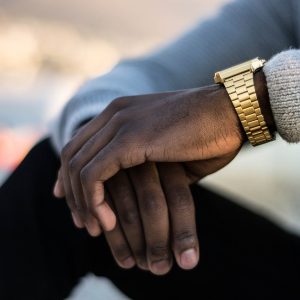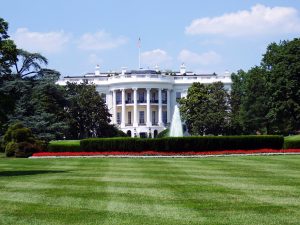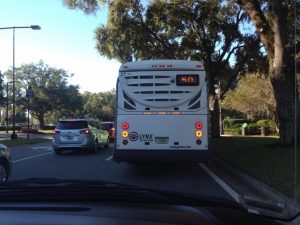American actress and voice artist Gabrielle Union was a popular fixture on America’s Got Talent this past season. Fans were shocked by NBC’s seemingly abrupt announcement that she wouldn’t be returning for a second season. Many more were troubled by allegations that followed – specifically that they were axed for complaining that the culture on set had become “toxic,” with Union and co-host Julianne Hough reportedly receiving multiple complaints that their hairstyles were “too black.” 
The timing of the incident is noteworthy for the fact that it comes just a few weeks shy of California’s CROWN Act becoming law on Jan. 1, 2020. Also known as Senate Bill 188, the measure shields black women and men from workplace discrimination for wearing natural hairstyles. California was the first in the country to sign such a law. New York and New Jersey have become the second and third, several cities have done the same and more may follow.
As our workplace racial discrimination attorneys in Los Angeles can explain, these laws ban polices that penalize people of color for wearing their hair in natural curls, twists, dreadlocks, braids or other styles that embrace their cultural identity. Black women in particular have said they have felt pressure for decades (if not longer) to use chemical relaxers, weaves, excessive heat and other measures to conform to the straight hair standard of European hair. One analysis by Nielsen found that black consumers spent nearly $475 million on hair care just in a single recent year. Pressure to do so, many black women have said, is from schools or employers who refuse to accept braids or natural locks as a “neat” or “professional” hair style. Continue Reading ›
 Orange County Employment Lawyers Blog
Orange County Employment Lawyers Blog










